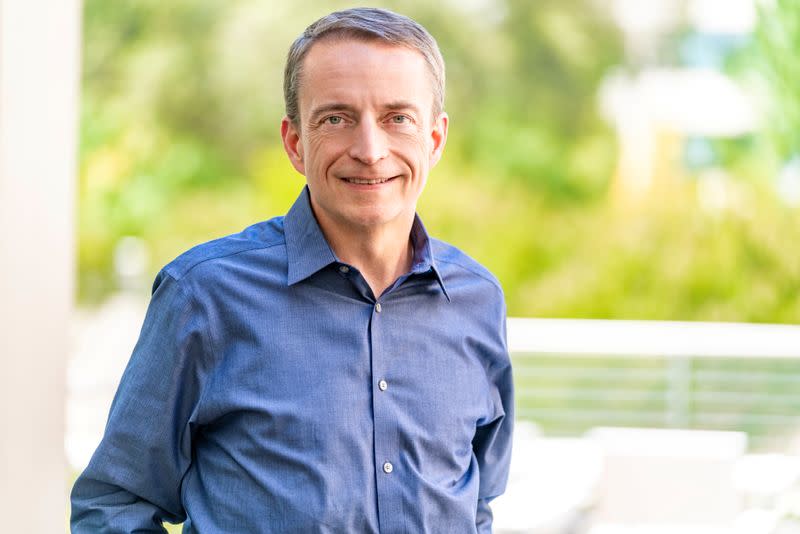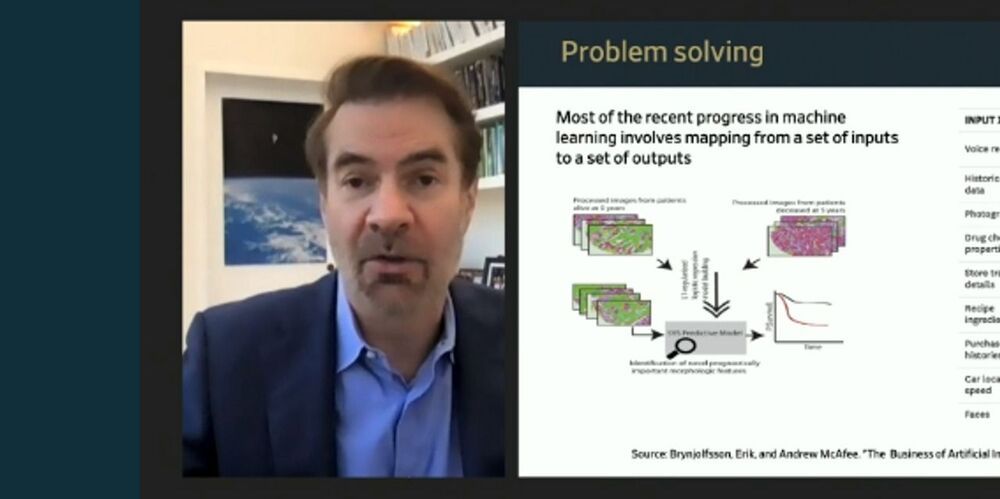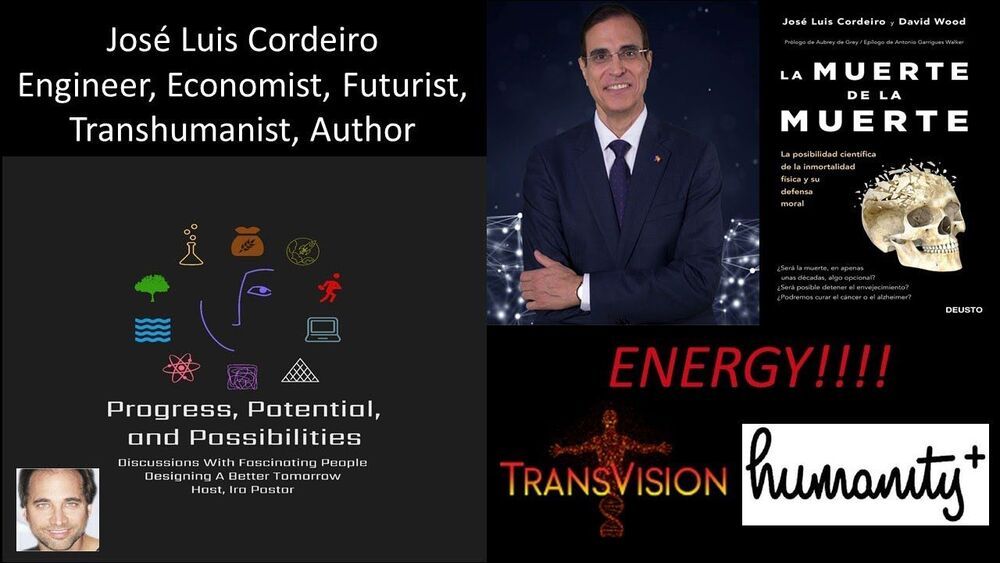Apr 9, 2021
Could Mario Kart Teach Us How to Reduce World Poverty and Improve Sustainability?
Posted by Takayuki Sugano in categories: economics, food, sustainability
In a recent paper, Bell argues that the principles of Mario Kart—especially the parts of it that make it so addictive and fun for players—can serve as a helpful guide to create more equitable social and economic programs that would better serve farmers in low-resource, rural regions of the developing world. That’s because, even when you’re doing horribly in Mario Kart—flying off the side of Rainbow Road, for example—the game is designed to keep you in the race.
“Farming is an awful thing to have to do if you don’t want to be a farmer,” Bell says. “You have to be an entrepreneur, you have to be an agronomist, put in a bunch of labor…and in so many parts of the world people are farmers because their parents are farmers and those are the assets and options they had.” This is a common story that Bell has come across many times during research trips to Pakistan, Bangladesh, Cambodia, Malawi, and other countries in southern Africa, and is what largely inspired him to focus his research on policies that could aid in development.
In his new paper, Bell argues that policies that directly provide assistance to farmers in the world’s poorest developing regions could help reduce poverty overall, while increasing sustainable and environmentally friendly practices. Bell says the idea is a lot like the way that Mario Kart gives players falling behind in the race the best power-ups, designed to bump them towards the front of the pack and keep them in the race. Meanwhile, faster players in the front don’t get these same boosts, and instead typically get weaker powers, such as banana peels to trip up a racer behind them or an ink splat to disrupt the other players’ screens. This boosting principle is called “rubber banding,” and it’s what keeps the game fun and interesting, Bell says, since there is always a chance for you to get ahead.

















